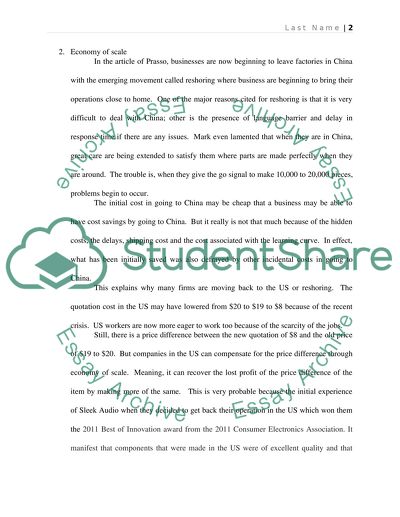Cite this document
(“Why we left our factories in China Essay Example | Topics and Well Written Essays - 1000 words”, n.d.)
Why we left our factories in China Essay Example | Topics and Well Written Essays - 1000 words. Retrieved from https://studentshare.org/marketing/1449851-why-we-left-our-factories-in-china
Why we left our factories in China Essay Example | Topics and Well Written Essays - 1000 words. Retrieved from https://studentshare.org/marketing/1449851-why-we-left-our-factories-in-china
(Why We Left Our Factories in China Essay Example | Topics and Well Written Essays - 1000 Words)
Why We Left Our Factories in China Essay Example | Topics and Well Written Essays - 1000 Words. https://studentshare.org/marketing/1449851-why-we-left-our-factories-in-china.
Why We Left Our Factories in China Essay Example | Topics and Well Written Essays - 1000 Words. https://studentshare.org/marketing/1449851-why-we-left-our-factories-in-china.
“Why We Left Our Factories in China Essay Example | Topics and Well Written Essays - 1000 Words”, n.d. https://studentshare.org/marketing/1449851-why-we-left-our-factories-in-china.


